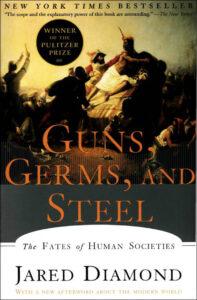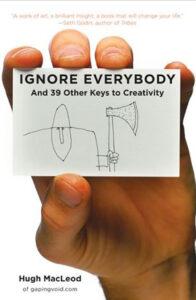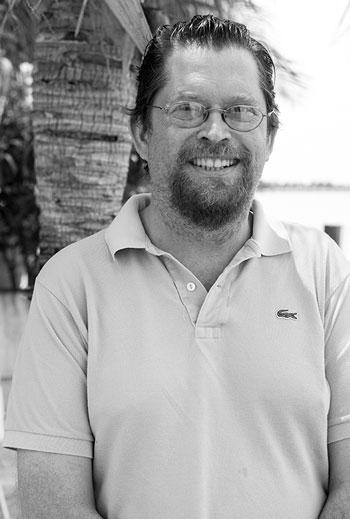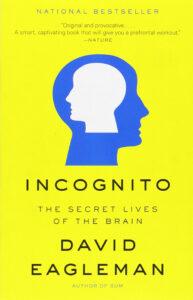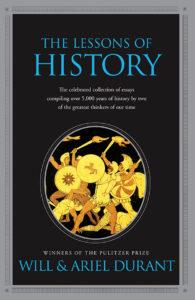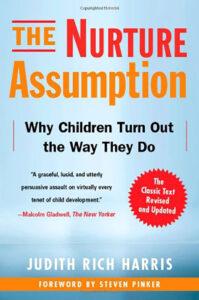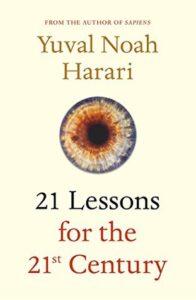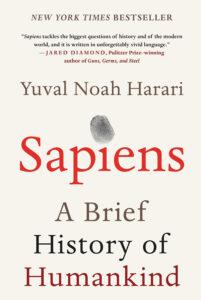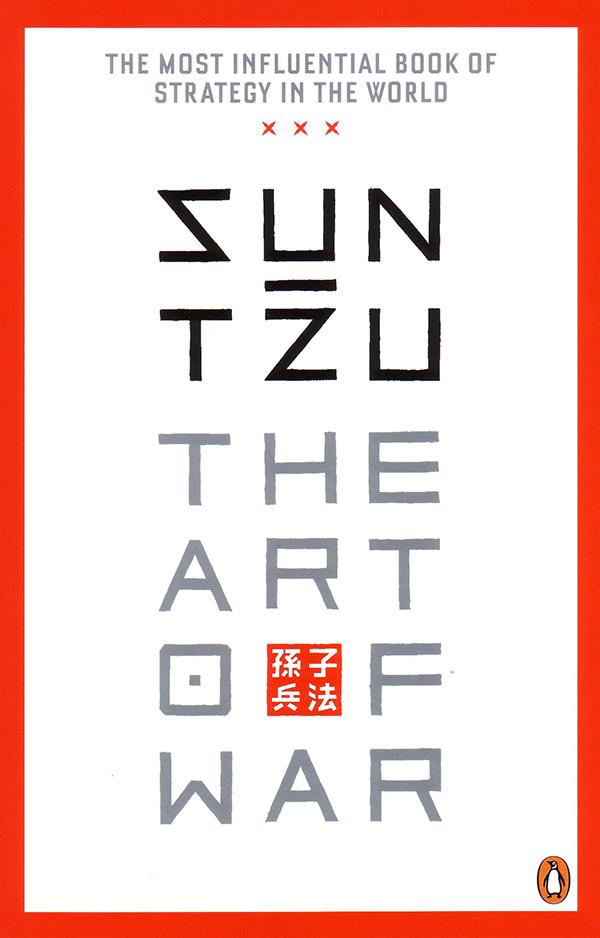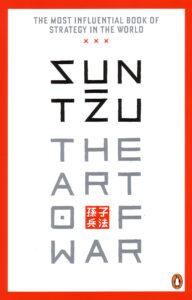Guns, Germs, and Steel by Jared Diamond
Buy the book: Print | Ebook | Audiobook
Or, browse more book summaries
The Book in Three Sentences
The development and success of civilizations can be largely attributed to environmental factors and the resources available in a given area. The rise of European peoples, for example, was not due to biological differences among individuals, but rather due to the more favorable conditions and resources found in their environment. There are four main reasons that Europeans were able to conquer and dominate the native populations of North and South America: 1) the availability of different plants and animals suitable for domestication, leading to increased food supply and larger populations in Europe and Asia, 2) the rapid spread of agriculture, technology, and innovation due to Europe and Asia’s east-west orientation compared to the Americas’ north-south orientation, 3) the ease of exchanging ideas and resources between Europe, Asia, and Africa, and 4) differences in the size of the continents, resulting in variations in total population and technological advancement.
Book Summary
Introduction
In the introduction, Jared Diamond sets out to explain the course of human history and the reasons why some civilizations have thrived while others have not. He argues that geography, rather than inherent racial or intellectual differences, is the primary factor in shaping the development of human societies.
Part One: From Eden to Cajamarca
In this section, Diamond examines the origins of human societies, tracing their development from the earliest hunter-gatherer societies to the advent of agriculture and the rise of complex societies in Mesopotamia, Egypt, and China. He argues that the emergence of agriculture, rather than being a simple solution to the problem of food production, actually created new problems of its own, such as disease and social inequality.
Part Two: The Rise and Spread of Food Production
In this section, Diamond explores the reasons why certain areas of the world were able to develop agriculture while others were not. He argues that the availability of domesticable plants and animals was a crucial factor in the development of agriculture, and that the spread of agriculture was facilitated by geographic factors such as the orientation of the continents and the presence of suitable climates.
Part Three: From Food to Guns, Germs, and Steel
In this section, Diamond examines the ways in which technological and military developments allowed certain societies to conquer and dominate others. He argues that the domestication of large animals, such as horses and cattle, gave certain societies a military advantage, while advances in technology such as guns and steel allowed some societies to conquer others.
Part Four: Around the World in Five Chapters
In this section, Diamond uses case studies of various societies around the world to illustrate the principles he has discussed in the previous sections. He examines the histories of societies such as the Incas, the Maori, and the Chinese, showing how their fates were shaped by geography, technology, and other factors.
Conclusion:
In the conclusion, Diamond summarizes his argument, reiterating that geography and the availability of domesticable plants and animals were the primary factors in shaping human history. He concludes by urging readers to recognize the importance of studying history and to use that knowledge to address the challenges facing humanity today.
Overall, “Guns, Germs, and Steel” provides a thought-provoking and comprehensive analysis of the factors that have shaped human history. Diamond’s thesis challenges traditional notions of racial and cultural superiority, emphasizing the role of geography and the environment in determining the course of human development.
Important quotes










About Author of "Guns, Germs, and Steel"
Jared Diamond is a well-known American geographer, historian, and anthropologist. He was born on September 10, 1937, in Boston, Massachusetts. Diamond is best known for his research in the fields of ecology, evolutionary biology, and geography. He has published several books on various topics, including human history, societal collapse, and the impact of environmental change on human societies. In 1998, he was awarded the Pulitzer Prize for his book “Guns, Germs, and Steel.” Diamond is currently a professor of geography at the University of California, Los Angeles.
Buy the book: Print | Ebook | Audiobook
Or, browse more book summaries
Guns, Germs, and Steel by Jared Diamond Read More »


